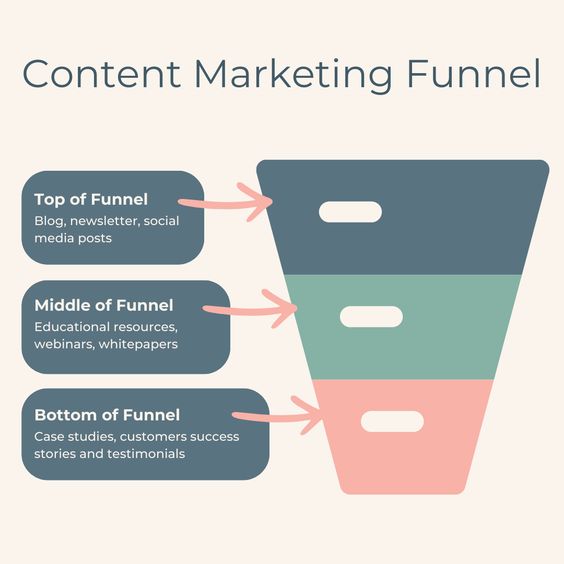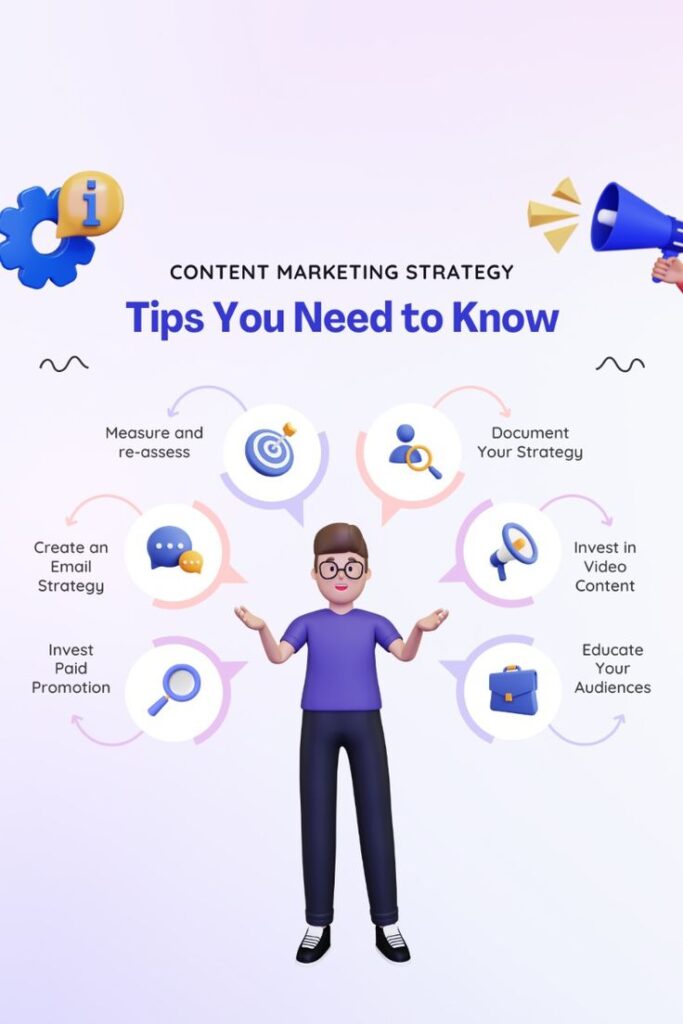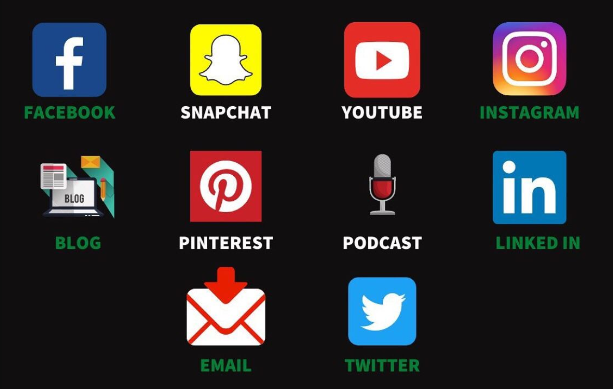Content Marketing Strategies for Small Business Growth
In the modern era of the internet and social media, content marketing is now mandatory for companies regardless or size. This marketing approach provides a budget-friendly way to offer small businesses access to millions and allows them an easy resource for building brand awareness into their target niche. Growing though is a difficult and time-consuming hundreds-of-division program for resource-starved people.


Knowing Your Customer
Content creation doesn’t come first before identifying the target audience. Who are they? Identify their needs, pities, and interests. Once you know more about your intended audience, you will be able to drive more content to that audience, increasing the chances of a stronger bond forming.
Develop buyer personas: Create comprehensive descriptions about the folks you are targeting about both business and their social relations.
Understand pain points: The problems that they are willing to pay money to relieve
Needs Assessment: What are they trying to find in a product or service?
High-Quality Content Creation
Once you know who you’re targeting, it’s time to create content that delivers value and engages your audience. Here are some key strategies to keep in mind:
Develop a content calendar: Plan your content to ensure a consistent publishing schedule.
Create different content formats: Experiment with various content types, such as blog posts, videos, infographics, and social media posts.
Optimize for SEO: Use keywords and meta descriptions to improve your search engine rankings.
Tell stories: Share your business’s story and connect with your audience on an emotional level.
Provide value: Offer helpful information, tips, and solutions to your target audience’s problems.
Promoting Your Content
Creating great content is only half the battle. You also need to promote it effectively to reach your target audience. Here are some strategies to consider:

Social media marketing: Share your content on relevant social media platforms.
Email marketing: Build an email list and send out regular newsletters.
Public relations: Reach out to media outlets to get your content featured.
Influencer marketing: Collaborate with influencers in your industry to promote your content.
Paid advertising: Use targeted ads to reach a wider audience.
Measuring Your Results
To determine the effectiveness of your Content Marketing Strategies for Small Business efforts, it’s important to track and measure your results
Here are some key metrics to consider:
Website traffic: Monitor the number of visitors to your website.
Engagement: Track metrics like likes, shares, and comments on social media.
Conversions: Measure the number of leads and sales generated by your content.
Return on investment (ROI): Calculate the return on your content marketing investment
Content Marketing Strategies for Specific Industries
While the general principles of Content Marketing Strategies for Small Businesses apply to all businesses, there are specific strategies that can be tailored to different industries. Here are some examples:
E-commerce:
- Create product reviews and tutorials.
- Use high-quality product images and videos.
- Offer exclusive discounts and promotions to your email subscribers.
Healthcare:
- Share health tips and advice.
- Create patient testimonials and success stories.
- Educate your audience about your services and treatments.
B2B:
- Create whitepapers, case studies, and webinars.
- Offer valuable resources and tools for your target audience.
- Build thought leadership by sharing industry insights.
Conclusion
Content marketing is a powerful tool for small businesses to reach their target audience, build brand awareness, and drive sales. By following the strategies outlined in this guide, you can create and implement a successful content marketing plan that helps your business grow. Remember, consistency is key. Keep creating high-quality content and promoting it effectively to achieve your goals.
